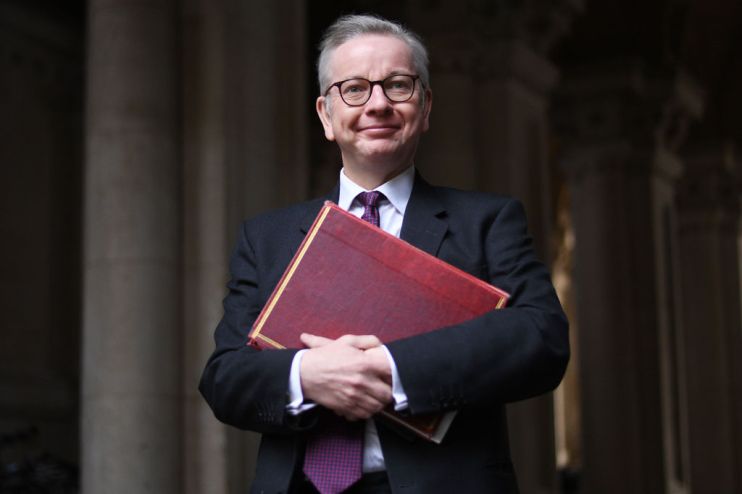UK unveils new £20m fund for British businesses facing Brexit disruption

The UK has today announced a new £20m fund for British SMEs facing post-Brexit disruption.
The grants will see SMEs that trade with the EU eligible for grants of up to £2,000 each to “pay for practical support including training and professional advice”.
Cabinet Office Minister Michael Gove today told MPs that some issues facing UK businesses could be resolved in “the next few weeks and months”, while others are as a consequence of leaving the EU single market and customs union.
The imposition of new red tape and customs declaration paperwork has caused trouble for many traders, with a British Chambers of Commerce survey finding that half of the UK’s exporters had been negatively affected by Brexit.
Before the Open newsletter: Start your day with the City View podcast and key market data
The announcement of the new fund comes as Gove will today meet with European Commission Vice President Maros Sefcovic to speak about disruptions at the Northern Ireland border.
“The nature of our new relationship with the EU outside the single market means there are practical and procedural changes to which businesses and citizens must adjust,” Gove said.
“The government is announcing today a £20m SME business support fund to help businesses adjust to new customs rules of origins and vat rules when trading with the EU.”
Federation of Small Businesses national chair Mike Cherry said: “Small businesses, often with few cash reserves, are for the first time facing complex new customs processes, VAT requirements and rules of origin.
“While many have come to FSB for help, we have been asking for proper financial assistance of this scale, so that a cash-strapped small business can afford to buy-in expertise, training and practical support.”
Gove’s meeting with Sefcovic will try to resolve problems at the Northern Ireland border, which the Cabinet Office Minister said last week were more than just “teething problems”.
Gove wrote to the European Commission Vice President last week to ask for no additional checks at the Northern Irish border until 2023 in an attempt to calm growing tensions.
The Brexit withdrawal agreement sees Northern Ireland remain in the EU’s single market and follow its customs union’s rules, unlike the rest of the UK.
This means there are checks on some goods goods going between Great Britain and Northern Ireland and a so-called border in the Irish sea, with exporters forced to fill in customs declaration forms.
This has infuriated Northern Irish unionists who claim the new protocol is driving a wedge between them and the rest of the UK.
The Democratic Unionist Party’s Westminster leader Sam Wilson told The Times yesterday: “I don’t like even using this argument because I realise how damaging it is to Northern Ireland but I can’t walk down the street now in Larne and Carrickfergus and Newtownabbey and not be met by people who stop you and express their fury.
“Now eventually that is going to boil over into things which I don’t want to happen.”